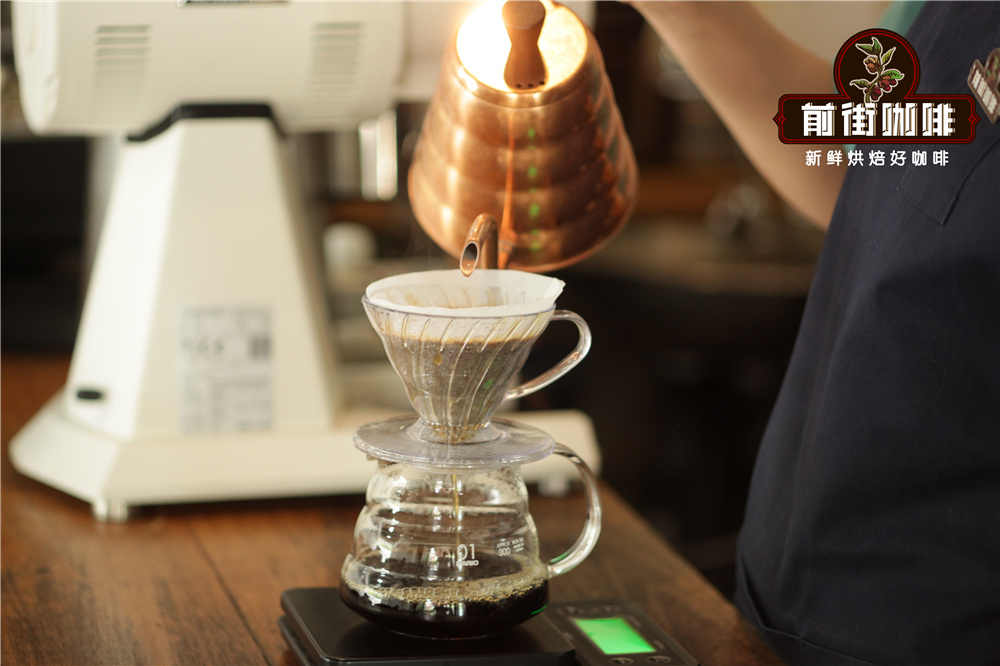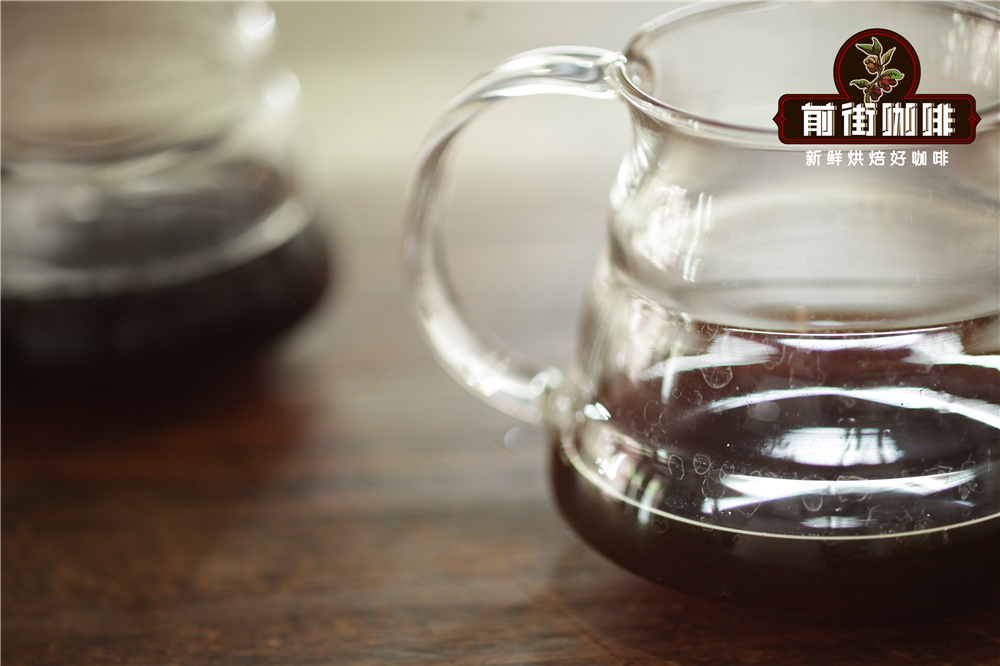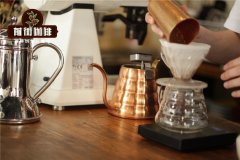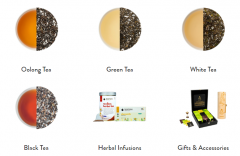What are the key elements of making good coffee? Introduction to the extraction principle of hand-made Coffee
Coffee extraction is a process of extracting substances from coffee powder by dissolving water through coffee powder, and it is also a scientific principle that can be tested. When the water comes into contact with the coffee powder, most of the water-soluble substances are taken out and fused with each other, and then the various coffee flavors, whether perfect or not, are extracted, and finally a cup of coffee is brewed. Coffee extraction is a complex chemical change, roasting state, bean powder blending, extraction powder quantity and water volume. Different parameters will change the aroma of coffee, but everything you want to brew a cup of coffee requires the fusion of powder and water, and the perfect coffee extraction helps to enhance the taste buds of drinkers. Therefore, the penetration of water through coffee powder has become a key action affecting coffee extraction.

Generally speaking, coffee extraction is the first to release the aroma and acidity of coffee, which is why as soon as the water passes through the coffee powder layer, the air is filled with coffee aroma, and the sweetness and bitterness will only be brought out in the middle and after. however, if excessive extraction (beyond the time after extraction), it will have too much bitterness and astringency, resulting in the final flavor of coffee is too thick and hollow, in addition Coffee particles are also more likely to be over-extracted if they are too fine (because coffee particles are quickly extracted, and if the water has not penetrated, they will become soaked) On the other hand, if the coffee particles are too thick, it is easy to underextract (because the water is already fully permeated when it is not in full contact with the water). Therefore, according to different brewing methods, match with the appropriate coffee powder thickness and various parameters. in order to interpret the coffee extraction perfectly.
Important parameters affecting Coffee extraction
Gold cup theory
According to the gold cup theory of the American Fine Coffee Association (SCA), the coffee concentration is between 1.15 and 1.45% and the extraction rate is between 18.22%, which is a necessary data condition for good coffee.
Coffee concentration
Less than 1.15%: too diluted and too light
More than 1.45%: too thick to drink and too strong to taste
Extraction rate
Less than 18%: too much acid, too much sharp discomfort
More than 22%: obvious bitterness, dry and negative taste
Following the above data, it can be found that the balance between coffee concentration and extracted substances is very important. If one side is too light, it will increase the proportion of the other, resulting in bad taste experience such as too sour or too bitter. Therefore, the gouache ratio has also become an important factor affecting the extraction.
About extraction
The longer the extraction time, the more suitable for coarse grinding of coffee particles; on the contrary, the shorter the extraction time, fine grinding will be selected. Only by accurately standardizing the extraction time can we show the unique flavor of coffee and make the final taste close to perfection.
Longer extraction time: suitable for rough grinding, taste refreshing, sour and sweet
Medium extraction time: suitable for medium grinding, taste balanced and sweet
Short extraction time: suitable for fine grinding, taste thick, pure and slightly bitter

Important Notice :
前街咖啡 FrontStreet Coffee has moved to new addredd:
FrontStreet Coffee Address: 315,Donghua East Road,GuangZhou
Tel:020 38364473
- Prev

Kenya Coffee Bean Classification E Elephant beans where is the coffee grading name?
Located in East Africa, Kenya, which runs across the equator and borders on the Indian Ocean, mainly grows Arabica beans, especially its well-known coffee bean varieties SL28 and SL34, which are mixed-lineage coffee beans cultivated in the laboratory. It was published by the Scott Laboratories laboratory in 1930, so it was named SL. In recent years, it is highly respected by the boutique coffee industry. With a reply
- Next

The correct method of brewing black tea the best brewing skills the main steps of brewing black tea
Do you want to drink black tea but don't know how to make a cup of black tea? If the brewing method of black tea is not good, it will not taste good. Black tea brewing method not only pays attention to tea art, but also requires the cooperation of other factors, such as water quality, water temperature, and so on. Now let's take a look at black tea brewing methods and techniques. Black tea brewing skills 1. Choose a good tea to make a good smell of tea
Related
- Beginners will see the "Coffee pull flower" guide!
- What is the difference between ice blog purified milk and ordinary milk coffee?
- Why is the Philippines the largest producer of crops in Liberia?
- For coffee extraction, should the fine powder be retained?
- How does extracted espresso fill pressed powder? How much strength does it take to press the powder?
- How to make jasmine cold extract coffee? Is the jasmine + latte good?
- Will this little toy really make the coffee taste better? How does Lily Drip affect coffee extraction?
- Will the action of slapping the filter cup also affect coffee extraction?
- What's the difference between powder-to-water ratio and powder-to-liquid ratio?
- What is the Ethiopian local species? What does it have to do with Heirloom native species?

